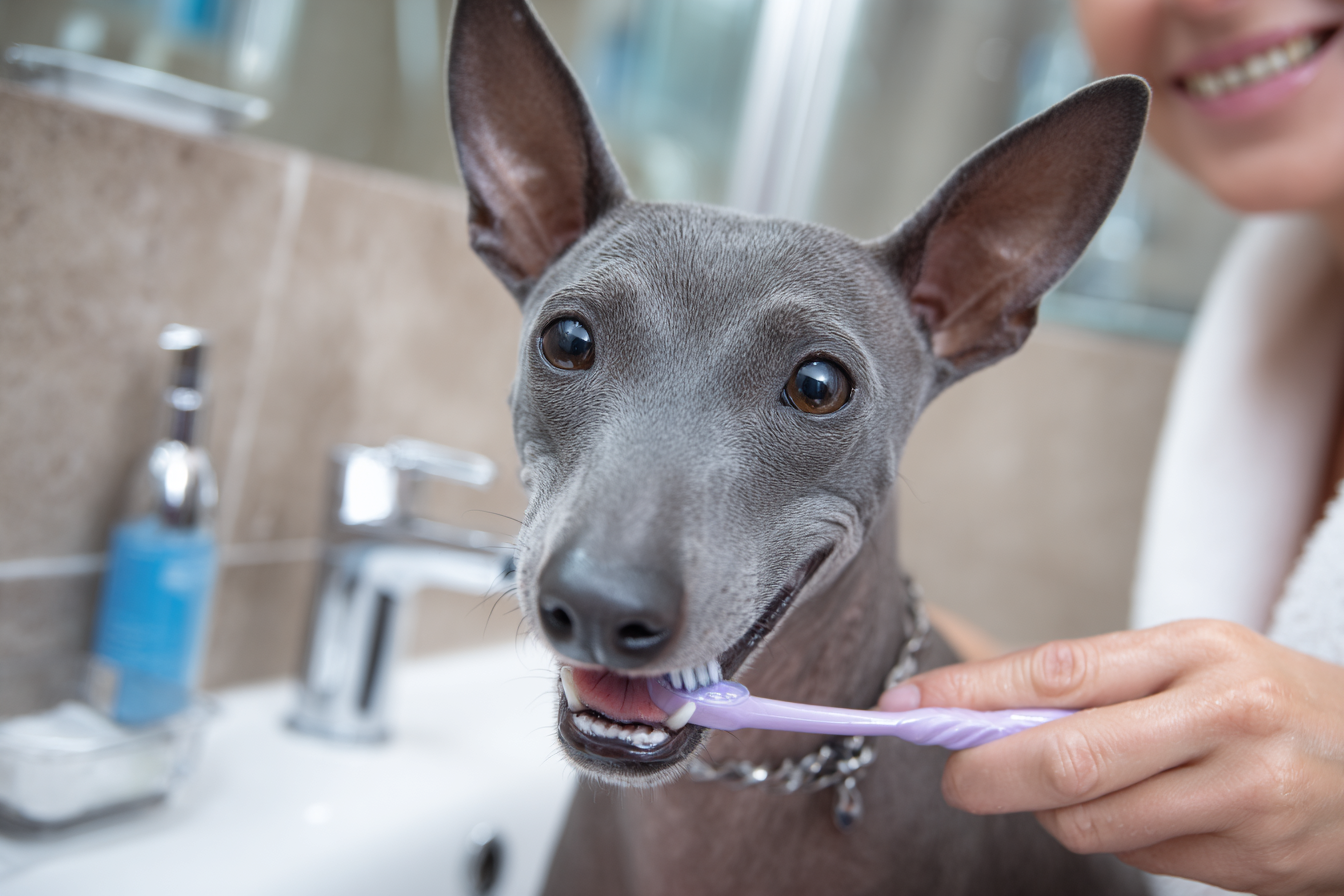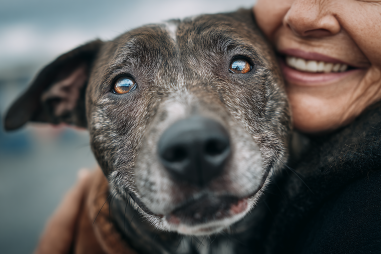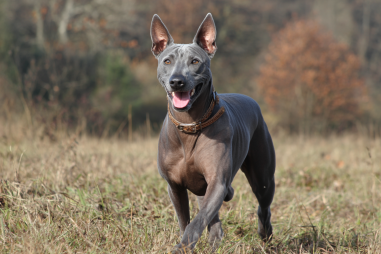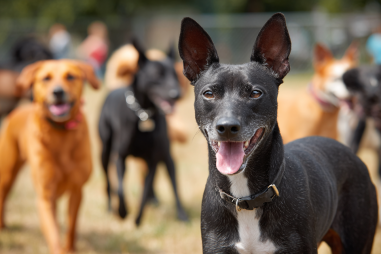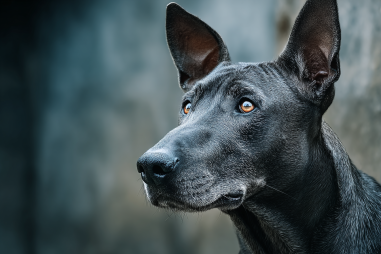Proper dental care is a vital component of your Xoloitzcuintli’s overall health and happiness. This ancient Mexican breed, known for its distinctive appearance and loyal nature, requires regular attention to its oral hygiene to prevent many common dental issues. By establishing good habits early, you can ensure your Xoloitzcuintli enjoys a strong set of teeth and fresh breath for years to come. Let’s explore some essential dental care tips specifically tailored to help your Xoloitzcuintli thrive.
Importance of Dental Hygiene for Xoloitzcuintli
Maintaining good dental hygiene is critical for your Xoloitzcuintli because poor oral health can lead to a host of problems beyond just bad breath or stained teeth. Dental issues can cause pain, difficulty eating, and can even contribute to systemic infections that affect vital organs like the heart and kidneys. Xoloitzcuintlis, with their unique genetics and jaw structure, can be particularly prone to certain dental conditions. Therefore, prioritizing daily dental care helps not only preserve their oral health but also supports their longevity and vitality.
Common Dental Problems in the Breed
Like many small to medium-sized dogs, Xoloitzcuintlis are susceptible to a few dental challenges:
- Periodontal Disease: This is one of the most common dental problems, where plaque and tartar build up on the teeth, leading to gum inflammation, infection, and eventual tooth loss if untreated.
- Tooth Decay and Cavities: Though less common than in humans, cavities can develop due to bacterial activity in the mouth.
- Malocclusion: Improper alignment of teeth can cause pain, wear, and difficulty chewing. This is sometimes observed in the breed due to jaw shape variations.
- Tooth Fractures: The breed’s active nature means they can sometimes chip or fracture teeth if chewing on hard objects.
- Gingivitis: Early gum disease characterized by red, swollen gums, which is reversible with proper care.
Recognizing these issues early and taking preventive measures is key to avoiding more serious complications.
Daily Brushing Techniques
Establishing a daily brushing routine is the cornerstone of dental care for your Xoloitzcuintli. Here’s how to make it effective and stress-free:
- Choose the Right Toothbrush: Use a soft-bristled toothbrush designed for dogs or even a finger brush. This helps navigate the smaller mouth and avoids hurting sensitive areas.
- Use Canine Toothpaste: Human toothpaste can be harmful to dogs. Look for enzymatic dog toothpaste that helps break down plaque and is safe if swallowed.
- Start Slowly: If your dog is new to brushing, start by gently rubbing their gums and teeth with your finger, then gradually introduce the brush and paste.
- Focus on the Gumline: The area where teeth meet gums is where plaque tends to accumulate, so spend extra time there.
- Keep Sessions Short and Positive: Aim for two minutes if possible, and reward your dog afterward with praise or a treat to build positive associations.
Consistency is key. Even brushing a few times a week can be beneficial if daily brushing isn’t feasible immediately.
Best Dental Products and Tools
Several products can help you maintain your Xoloitzcuintli’s dental health beyond brushing alone:
- Dental Chews: Specially formulated chews help reduce tartar buildup mechanically while your dog enjoys a tasty treat.
- Water Additives: These can be added to your dog’s drinking water to reduce bacterial growth and freshen breath.
- Dental Sprays and Gels: These products can be applied directly to the gums and teeth to inhibit plaque formation.
- Chew Toys: Durable toys designed for dental health encourage chewing that naturally helps clean teeth and massage gums.
Always choose products vetted by veterinarians or approved by dental associations and avoid anything too hard that might fracture teeth.
Professional Cleaning Guidelines
Even with a diligent home care routine, professional dental cleanings are essential to remove hardened tartar and examine the mouth thoroughly. Most veterinarians recommend annual cleanings, but the schedule might vary based on your dog’s individual needs. During a professional cleaning, your vet will:
- Perform a comprehensive oral examination, often under sedation for accuracy and safety
- Remove plaque and tartar above and below the gumline with ultrasonic instruments
- Polish the teeth to smooth surfaces and reduce future plaque buildup
- Address any issues like extractions, infections, or oral masses if needed
Regular professional cleanings complement home care and help detect problems that might not be evident early on.
Signs of Dental Disease to Watch For
Being attentive to your Xoloitzcuintli’s oral health means knowing what warning signs to look out for. Some indicators of dental disease include:
- Bad breath (halitosis) that doesn’t improve with brushing
- Red, swollen, or bleeding gums
- Excessive drooling or dropping food while eating
- Lack of appetite or reluctance to chew hard foods
- Loose or missing teeth
- Visible tartar buildup or discoloration on teeth
If you notice any of these symptoms, it’s wise to consult your veterinarian promptly to prevent further complications.
Tips for Maintaining Fresh Breath
Fresh breath is often the first sign of good oral health and contributes positively to your interactions with your dog. Here are some helpful tips:
- Brush your Xoloitzcuintli’s teeth regularly with dog toothpaste
- Offer dental chews and toys that promote saliva production and mechanical cleaning
- Incorporate dental-friendly foods and treats designed to reduce plaque
- Provide plenty of fresh water to flush out bacteria and food debris
- Use veterinarian-recommended oral rinses or water additives for extra freshness
Consistency with these measures will not only improve your dog’s breath but also contribute to their overall oral health.
Caring for your Xoloitzcuintli’s teeth doesn’t have to be daunting. With regular brushing, the right tools, and routine veterinary care, you can ensure your beloved companion keeps a healthy, happy mouth. Remember, a strong smile contributes significantly to their quality of life and well-being.

